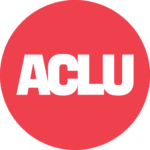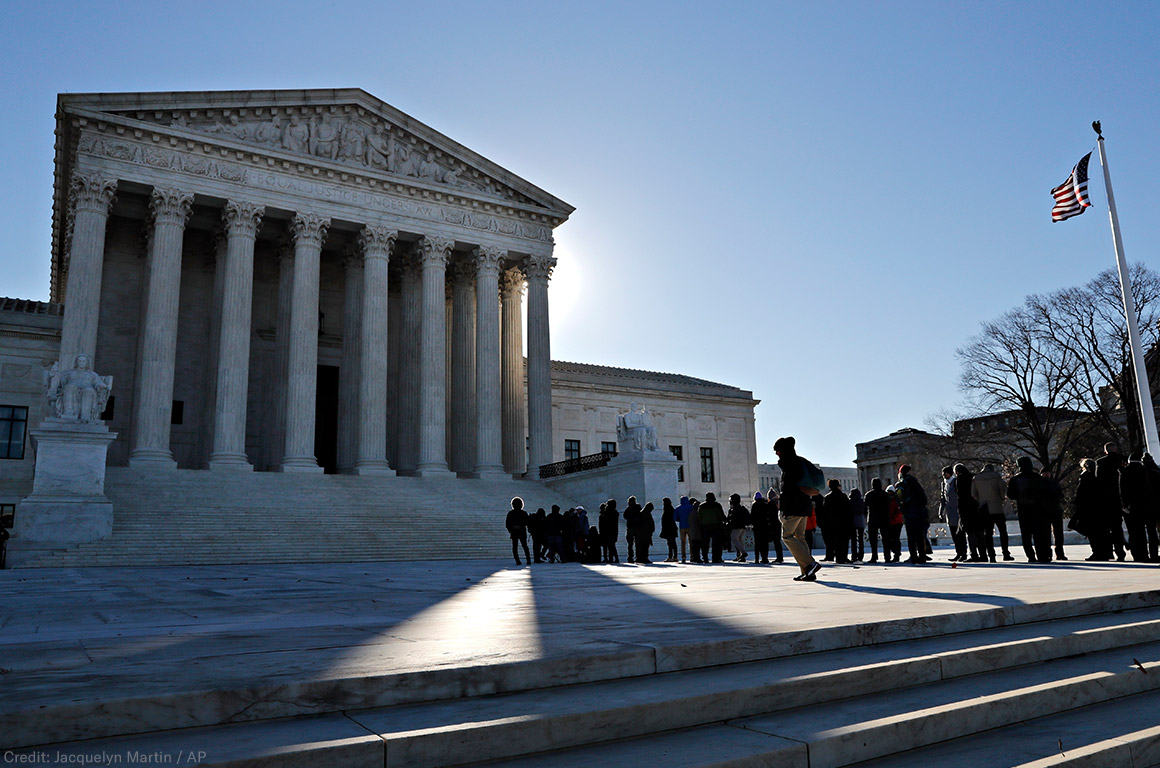“Courts around the country have held that individuals cannot be sued for calling out the views of others as racist, fascist, homophobic, radical, or sexist. As we and the Center for Constitutional Rights explained in a friend-of-the-court brief we submitted last week in support of SPLC, such statements of opinion criticizing hateful or bigoted views lie at the core of First Amendment protection. They enable us to express ourselves (including our disgust), they animate our political discussion, and they offer us a tool to persuade others. For debate on political issues to flourish, we must be able to express our views about the prejudices of others without fearing that a defamation lawsuit could arise from our words.”

www.aclu.org
Americans are at liberty to state the fact that Musk is a fascist and racist, free from threats of lawsuits.
I'm not a judge or a juror, so I shouldn't say anything about the case: Elon Musk vs. CNN. However, I can say something like this down below... 
Freedom of speech, as protected by the First Amendment of the U.S. Constitution, encompasses the right to express ideas and information without government interference.
However, this right is not absolute. The Supreme Court has delineated several categories of speech that are protected and those that are not.
 ### Protected Speech:
### Protected Speech:
1.
Political Speech: Criticism of the government, political campaigning, and advocacy.
2.
Symbolic Speech: Nonverbal communication, such as flag burning or protests.
3.
Commercial Speech: Advertising and marketing, provided it is not misleading.
4.
Hate Speech: Expression that may be offensive or hateful but does not incite violence or pose a direct threat.
5.
Artistic Expression: Includes music, literature, and visual arts.
 ### Unprotected Speech:
### Unprotected Speech:
1.
Incitement to Violence: Speech that incites imminent lawless action.
2.
Obscenity: Material that meets the Miller test for obscenity, lacking serious literary, artistic, political, or scientific value.
3.
Defamation: False statements damaging a person’s reputation (libel and slander).
4.
Fighting Words: Speech that is likely to provoke a violent reaction.
5.
True Threats: Statements that a reasonable person would interpret as a serious intent to commit violence.
Understanding these distinctions is crucial for navigating the complexities of free speech rights in the U.S. 

